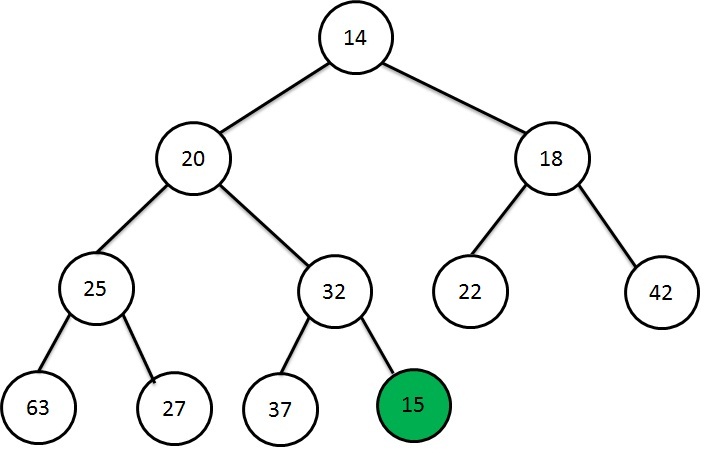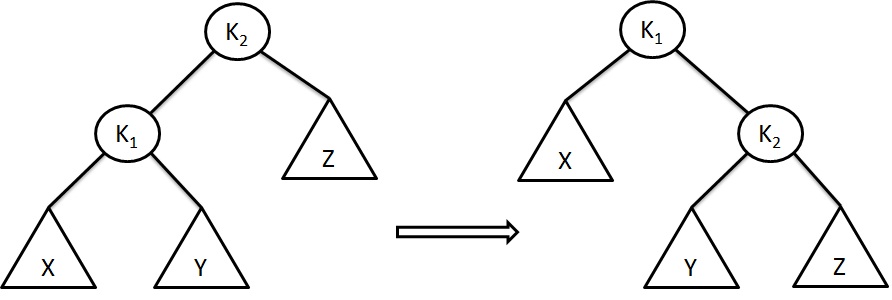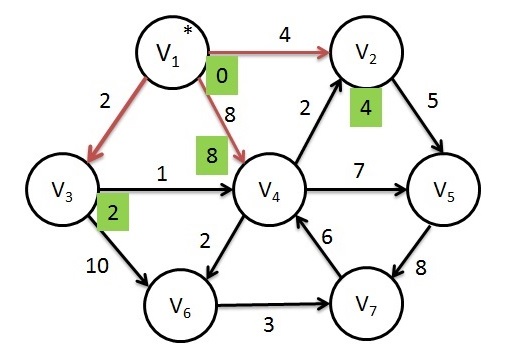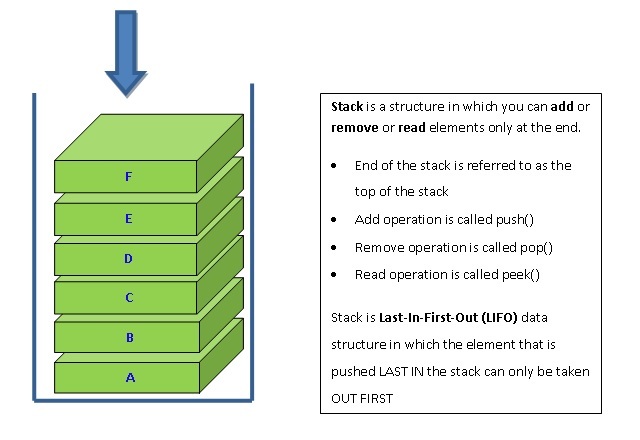OS and Process
What is a Process?
Process is defined as a program in execution. System consists of many processes such as operating system processes and user processes.
Process vs Program
Process is the unit of work in the system. The terms process, job and task are used interchangeably, but personally we prefer the term process in context with the operating system. Process is not the same as a program. It is more than the program code. Program is a passive entity but process is an active entity.
Process Memory Sections
In general, a process memory consists of four sections that are:
- Text section includes the current activities such as value of the program counter and content of the processor registers.
- Stack section contains temporary data such as function, parameters, return addresses and local variables.
- Data section contains global variables.
- Heap section for dynamic memory allocation to the process during run time.
OS and Process Productivity
Whenever an executable file or program is loaded into the memory, program creates one or more processes. Even, two processes can be connected to the same program. Modern computer system can execute as many processes that can execute concurrently. An operating system can make the computer more productive by switching the CPU time between the processes that are waiting to be executed.

















